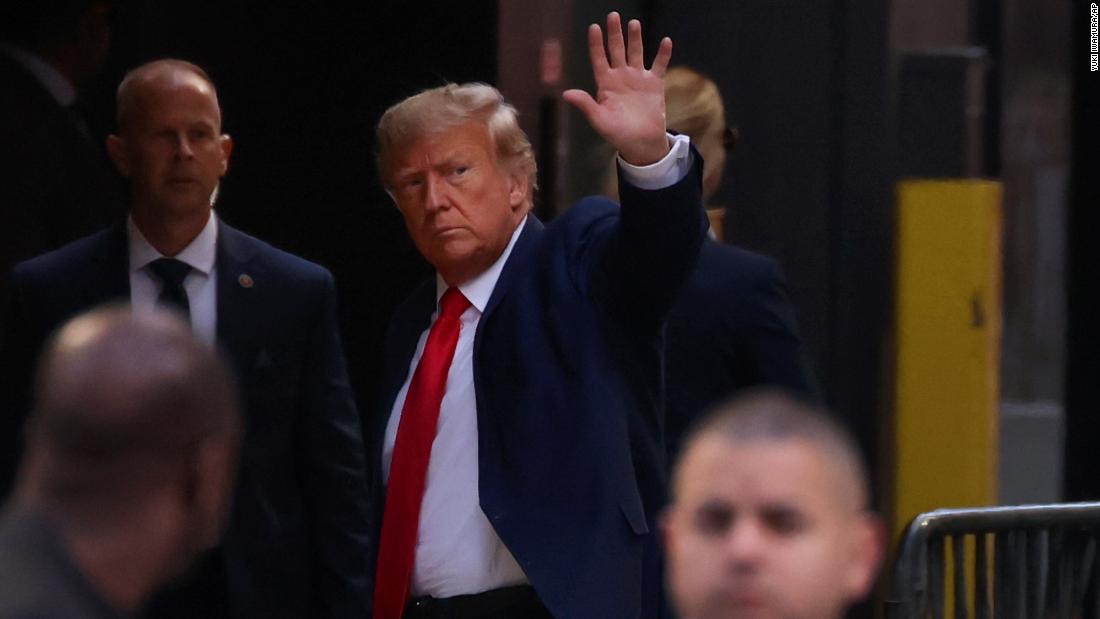Chinese dissidents cut off from families at Mid-Autumn Festival
The authorities often use family separation as a way to punish critics of the ruling Chinese Communist Party.

The Mid-Autumn Festival is usually a time of family reunions in China, but the country's prisoners of conscience have scant hope of seeing their loved ones face-to-face any time soon, relatives told RFA Mandarin in recent interviews.
Chen Zijuan, the U.S.-based wife of rights attorney Chang Weiping, said that while her husband was released in July following a prison term for taking part in a gathering of dissidents in Xiamen in December 2019, he remains under a travel ban, and can't be with them.
Mid-autumn festival takes place around the autumn equinox in September, and involves family gatherings to eat mooncakes, light lanterns and admire the full moon. The moon also symbolizes togetherness for people forced to be apart, with countless poems dedicated to moon-viewing and feelings of loss or nostalgia.
Mid-Autumn Festival, traditionally a harvest celebration, starts on the 15th day of the eighth lunar month, when the moon appears at its roundest and largest.
This year's Mid-Autumn Festival fell on Tuesday and coincided with worldwide viewing of the supermoon eclipse.

But not everyone in China is in a position to take part.
"In recent years, the Chinese Communist Party has increasingly used family separation as a form of punishment for dissidents," Chen told RFA Mandarin ahead of the festival. "Even two years after his release, I'm not optimistic. I think they'll claim that his departure would endanger national security."
"It's very damaging for a family not to be able to see each other over a long period of time," she said. "They just want to make you suffer — it's also a way to intimidate everyone else in society."
For the spouses and children of political prisoners, national holidays, when everyone else is meeting up with loved ones, are the hardest and saddest times.
"I worry about him — he looks thinner and kind of sallow," she said of Chang. "He has lost his lawyer's license, and it's hard for him to get by now that he has lost his career."

"He is very anxious right now, and doesn't know what he can do," Chen said. "I don't have a good solution — all I can do is take good care of the kids; at least he doesn't have to worry about us any more."
'They just cut you off'
Meanwhile, the U.S.-based wife of jailed rights attorney Ding Jiaxi, who is currently serving a 12-year jail term for subversion after taking part in the Xiamen gathering, said she misses her husband very much, and is very worried about his health in prison.
"I worry about his health on a daily basis," Luo Shengchun told RFA Mandarin in a recent interview. "He has high blood pressure and needs to take medication."
"In China now, the way the authorities do things is not to tell you anything, not to respond to anything, and not to pass on any information — they just cut you off," she said.
Luo has appealed to her local Congress representative, but the Chinese government won't discuss Ding's situation with them either, she said.
But she still gets letters from Ding, who was jailed in 2023 alongside prominent rights activist Xu Zhiyong, and says he is her inspiration.

"I feel his influence from his letters and his actions — I believe in the resonance of souls," Luo said.
And she refuses to buckle despite the pressure of spearheading a public campaign to support her husband.
"I won't let them succeed in silencing Ding Jiaxi and Xu Zhiyong's voices, and I won't let them turn me into someone who weeps every day," Luo said.
"I am a total believer in non-violent resistance," she said. "The more the Chinese Communist Party tries to stop me from doing something, the more I will do it."
Xu's partner, the feminist activist Li Qiaochu, has since been released from prison.
Ahead of the Mid-Autumn Festival this year, she posted a photo of herself and Xu together in a moon-shaped frame to social media, calling on people to write to him in prison to offer their support during the festival, according to Luo.
Translated by Luisetta Mudie. Edited by Roseanne Gerin.













